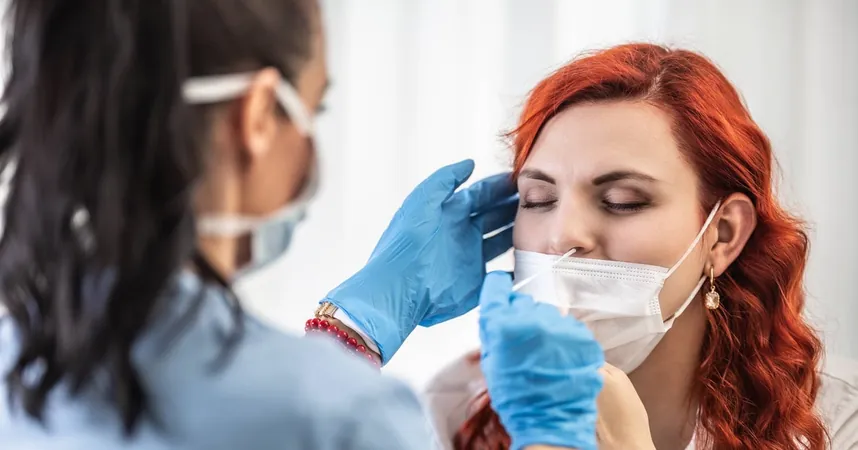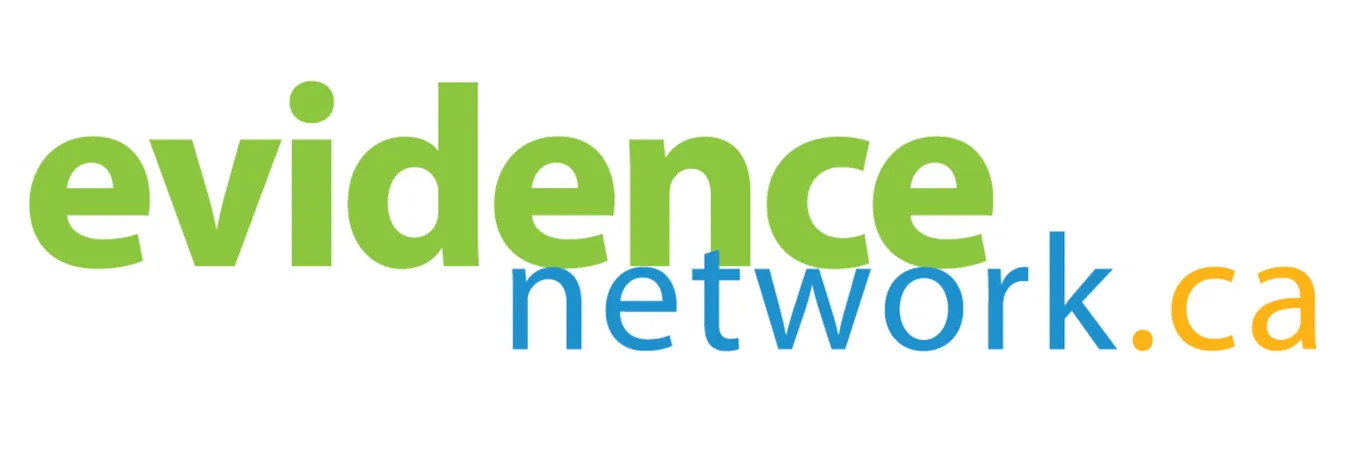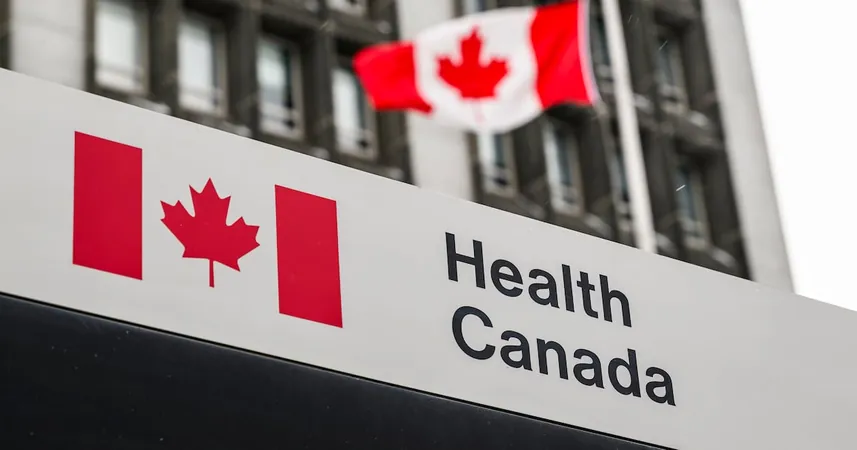
Unmasking the Symptoms of the New COVID Variant NB.1.8.1: What You Need to Know!
2025-06-03
Author: Liam
The Emergence of NB.1.8.1: A New Player in the COVID Game
As whispers of a new COVID variant, NB.1.8.1, start to circulate, health experts are keeping a close eye on its evolution. Despite only 20 sequences of this variant detected in the US, the Centers for Disease Control and Prevention (CDC) assures us that they are monitoring its activity closely. If its prevalence increases, it will soon appear on their COVID dashboard.
What’s the Deal with NB.1.8.1?
While the emergence of NB.1.8.1 might sound alarming, infectious disease experts believe its symptoms will mirror those of previously known SARS-CoV-2 variants. According to Dr. Zachary Hoy, a pediatric infectious disease specialist, patients can expect similar symptoms to what has been seen with earlier strains.
Key Symptoms to Watch For
The most common symptoms tied to NB.1.8.1 include: a mild but persistent dry cough, nasal congestion, fatigue, fever, chills, sore throat, and muscle aches. Dr. Hoy notes that while many report these symptoms as milder compared to wintertime influenza, no variant is entirely free from serious complications.
The Good News? No Indications of Increased Severity
Fortunately, current reports suggest that NB.1.8.1 doesn’t seem to result in more severe illnesses or a spike in hospitalizations compared to its predecessors. As it continues to rise in prevalence, vigilance is key, but panic may not be necessary.
Vaccine Efficacy Against NB.1.8.1
How do our vaccines hold up against this newcomer? Though research on NB.1.8.1 is still emerging, experts are optimistic. This variant is a descendent of the Omicron JN.1 lineage, which the upcoming vaccines will target. According to Dr. Amesh Adalja, the effectiveness in preventing severe illness remains strong.
Vaccination Recommendations
It’s essential for high-risk populations, such as older adults or those with weakened immune systems, to stay updated on vaccinations. If it’s been over six months since your last shot or bout of COVID, getting vaccinated is highly advisable. For those considered low-risk, a repeat vaccine may not be necessary.
Home Remedies vs. Doctor's Visits: Know When to Seek Help
Most individuals can recover at home by resting and drinking plenty of fluids. Over-the-counter medications like acetaminophen or ibuprofen can help ease symptoms. Typically, symptoms resolve within a week.
However, for at-risk individuals, consulting a doctor is crucial. Antivirals like Paxlovid and Molnupiravir can drastically reduce the risk of severe outcomes if taken within five days of symptom onset.
When to Get Urgent Care
Be aware of concerning symptoms that necessitate immediate medical attention: chest pain, difficulty waking, confusion, and especially trouble breathing. If you or someone you know exhibits these symptoms, seek medical care promptly.
Stay Informed and Stay Safe!
Keeping yourself updated on the latest COVID variants and their symptoms can provide peace of mind. As always, maintaining good health practices is essential in these uncertain times.









 Brasil (PT)
Brasil (PT)
 Canada (EN)
Canada (EN)
 Chile (ES)
Chile (ES)
 Česko (CS)
Česko (CS)
 대한민국 (KO)
대한민국 (KO)
 España (ES)
España (ES)
 France (FR)
France (FR)
 Hong Kong (EN)
Hong Kong (EN)
 Italia (IT)
Italia (IT)
 日本 (JA)
日本 (JA)
 Magyarország (HU)
Magyarország (HU)
 Norge (NO)
Norge (NO)
 Polska (PL)
Polska (PL)
 Schweiz (DE)
Schweiz (DE)
 Singapore (EN)
Singapore (EN)
 Sverige (SV)
Sverige (SV)
 Suomi (FI)
Suomi (FI)
 Türkiye (TR)
Türkiye (TR)
 الإمارات العربية المتحدة (AR)
الإمارات العربية المتحدة (AR)